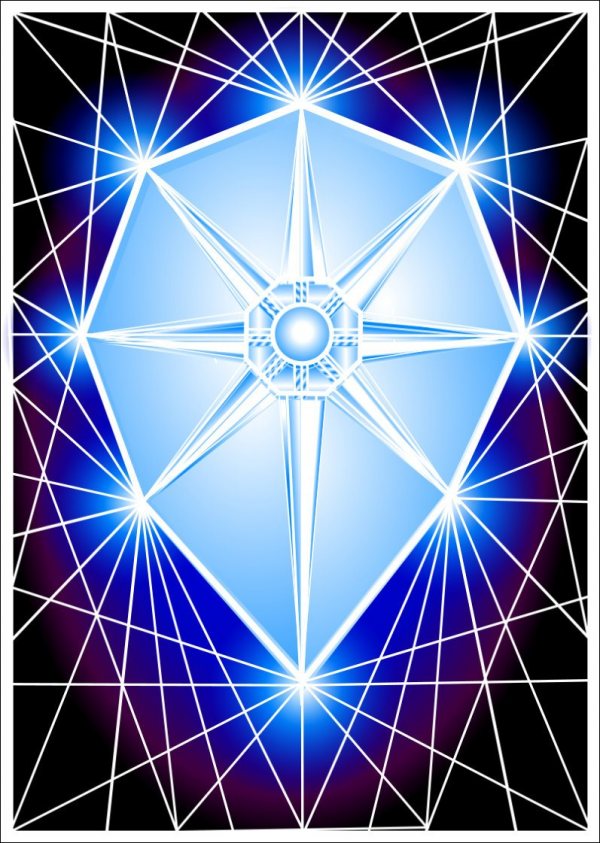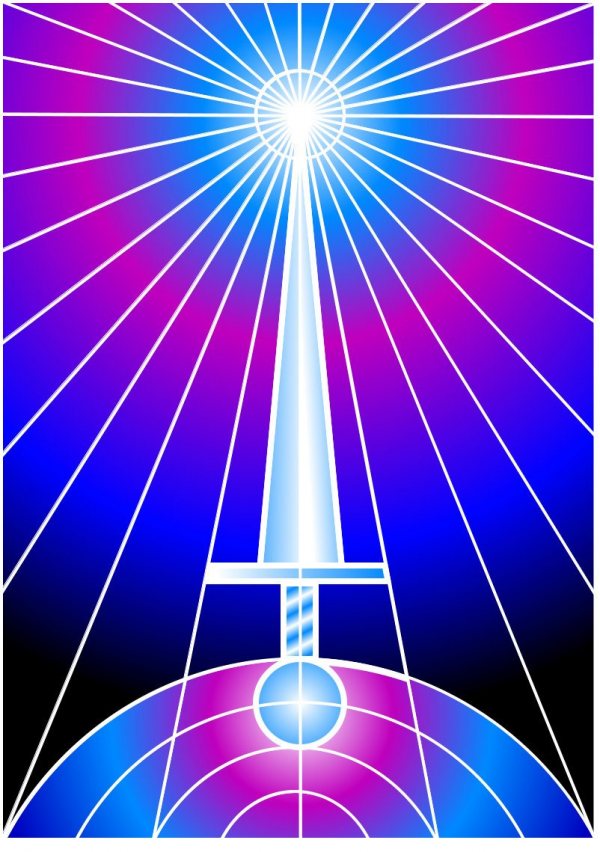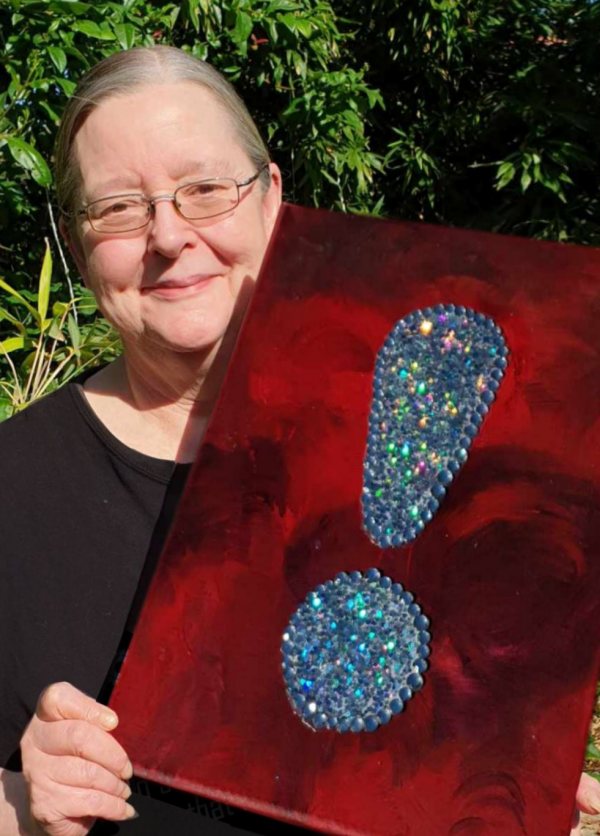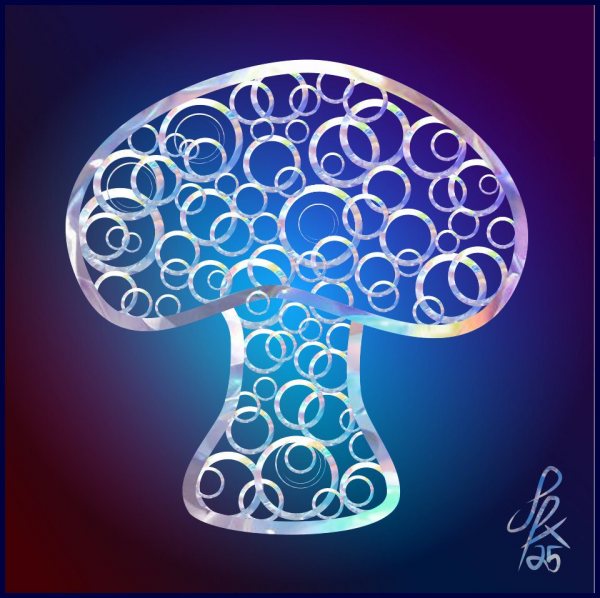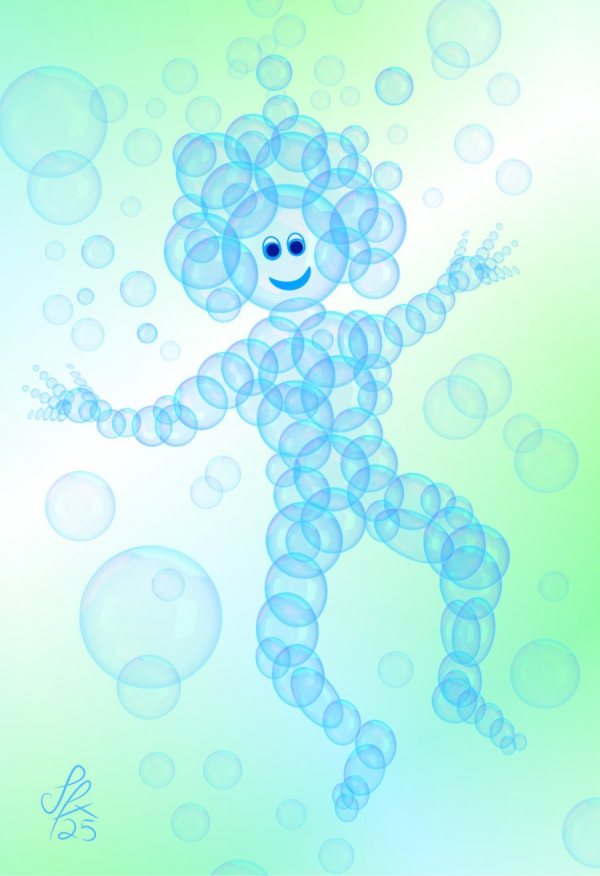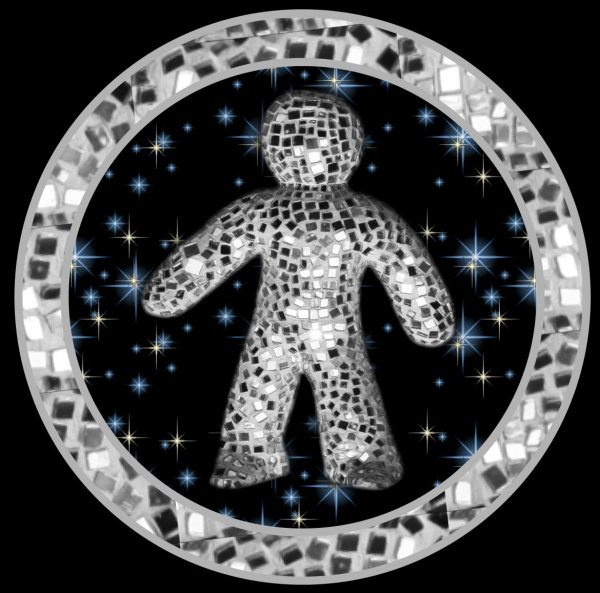What is Fantasy?
What exactly is fantasy, what is imagination?
If we are to write fantasy fiction, it would be a good thing to know what fantasy is in the first place, so we know what we're supposed to be writing about.
Here is my answer to this question, and it is ...
- Fantasy is an internal representation of something that isn't here.
The human mind has a function of consciousness that connects up to various data sources via the so called internal representations - body feelings, sensations and sensory information presented to the consciousness for information purposes and to decide to take action.
The fascinating part about at least the human neurology is that these data sources may be hard, i.e. they may come in through the channels of the physical body, or they may be energetic and come in through the channels of the energy body.
The first is what is generally known as "actual reality" and the second what folk call fantasy or imagination, visioning and so forth.
Either way, the human mind constructs from the incoming information what we call a habitat - a world, or a part of a world with the consciousness in the center.
It is interesting to note that the consciousness cannot distinguish "reality" between a lucid dream, actual reality or what we call the hard, or a vivid imagination or a fantasy.
Essentially, each person makes a choice as to how real they want their various internal representations to become; and this is usually accidental and based on that person's life experiences, training and upbringing.
It is a big mistake to think that "normal people have real representations of the hard".
Lucid living in the hard is exceedingly rare; it is just as rare as lucid dreaming, or lucid voyaging in other realms, all of which relies on internal representations which are essentially the viewing screens (and hearing monitors, feeling, emoting, smelling, tasting mechanisms) of whatever data stream they want to make real.
Movement of consciousness - to start with, by paying attention - is required to "manifest" the consciousness in any habitat; hard or otherwise.
How much attention a person pays to any given habitat decides how real that habitat becomes for them.
So a new age hippie who doesn't give much attention to the hard really does live in a perpetual dream state *in the hard* and doesn't manifest here altogether; this holds not just for hippies, but for engineers, farmers, artists, factory workers, housewifes and indeed, any human being who has ever been.
If you explain this to someone, and then ask them, "How present are you in your own life on a scale of 0 to 10, O being completely somewhere else altogether, and 10 being 100% present right here, with all your senses, all feelings, all receivers, all thoughts absolutely focused ONLY on the here and now - how present are you in your own life right now?"
Of course, what you will get is a variation on how successfully each person manifests throughout the day.
A football player totally taken up with the match might be manifest to a high degree; a bored spectator of that same match who is thinking about a party they were at last night, and are once again walking around that habitat, re-playing incidences of music and conversation, is really not there at all.
It's simply a matter of attention.
Now habitats can be many things.
A shared fantasy habitat, such as world of warcraft, is to many people a whole more real and more meaningful than a hard habitat of their school class the next morning.
And this is again simply so because attention is paid to one, and not the other.
Attention manifests us in whatever habitat we want to be in.
Now the information about the habitat can come from a movie, from a book; often it comes from memories; and when the information and habitat we are dealing with is not derived from the hard, we are dealing with a fantasy or an imagination, or simply, an internal representation of something that isn't here (in the hard).
The ability of the human mind to create habitats, step into them at will, and make then as real as any "real experience in the hard" by their interaction with their own internal representations is truly remarkable.
It is the practical genesis of all fantasy and imagination; and this fantasy and imagination is of course what has built the hard in the first place. Some monkey man dreamed up how to make a wheel, and then went and made one, so now we have cars as a direct result and some fantasies later down the line.
The classic example of Nicola Tessla, who created habitats in which he build machines which miraculously worked in the hard when the plans were translated into that modality, shows us how that's done.
So let me briefly re-cap the most important parts about fantasy.
Fantasy is any internal representation that is not here.
In essence, a memory is a fantasy, as is any dreamworld, any created habitat, any dream, or even "thinking about the house i want to own one day".
How "real" any given fantasy becomes for a person depends on how much attention they pay to it. When all modalities are evoked and up and running in internal representations, the person "manifests" entirely in that world.
* If you are 100% manifest in any fantasy world, your body will cease to know the difference between any hard or any fantasy. This is used in autogenic training, happens spontaneously with psychosomatic disorders and stigmata, and is the genesis of the idea that "if you die in a lucid dream, you will die in the hard".
Whether a fantasy remains something you just watch on a TV screen in your mind, or becomes a reality you step into and interact with fully, depends on how manifest you are in that fantasy - whether you stepped inside it, interacted with it, and experienced it through all the feedback devices (senses).
When a fantasy becomes that real, it also becomes indistinguishable from the hard.
For many people, because of the way they pay attention, fantasy is more real than the hard.
For many people, because they don't know that, fantasy BECOMES THE HARD and they will build hard cathedrals based on their fantasies, as well as machines, religions, systems of mathematics and so forth.
To improve our abilities with fantasy, visions, imaginations AND ALSO MANIFESTATION IN THE HARD! we need to learn to understand our own internal representations and essentially, get in control of them.
When that happens, the consciousness can move freely and USE information from the hard AND information generated from fantasy, vision and imagination TO THRIVE AND FLOURISH IN ALL OF THOSE REALITIES.
It could be said that without the information learned in fantasy (which includes lucid dreaming, out of body experiences, visions, experiences in fantasy realms, Project Sanctuary experiences and all things "that are not here in the hard") is at least half of the information required to live successfully at all, in the hard and everywhere else.
There is only one rule book with the truth that covers all these realms, all these experiences; so to learn to manifest both in the hard, and in fantasy, and LEARN FROM THEM BOTH really is the trick for understanding "the world" - and being able to operate and navigate it successfully, in all its layers and dimensions.
Practising fantasy becomes the key to living life as a real human being who uses their God given minds the way they were designed to be used.
And without fantasy, there is neither personal, nor general human evolution.
Silvia Hartmann
Creator, Project Sanctuary
The Genius Symbols
March 2010
|
 "Project Sanctuary is a map of your own inner manifesting realm; a guide for your unique garden, buildings, architecture; and a language and travel guide all rolled into one." Jashmuna Sabine Nebel, MindPowerJewels
"Project Sanctuary is a map of your own inner manifesting realm; a guide for your unique garden, buildings, architecture; and a language and travel guide all rolled into one." Jashmuna Sabine Nebel, MindPowerJewels




